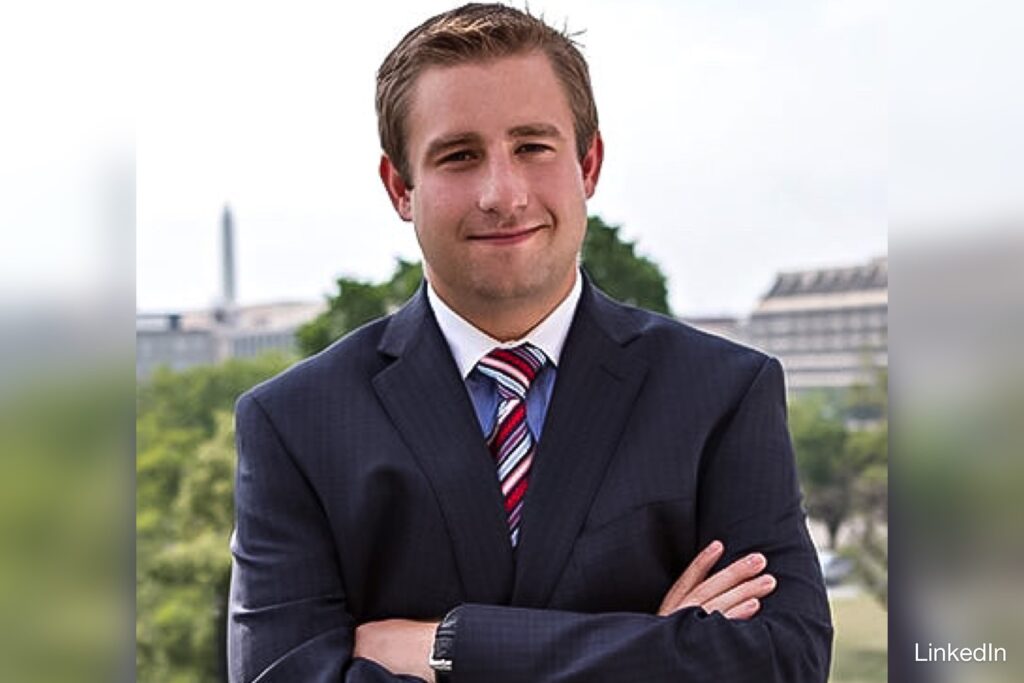In a searing new development, Attorney Ty Clevenger has fired off an explosive letter to Attorney General Pam Bondi and FBI Director Kash Patel, accusing the Bureau of hiding bombshell evidence that could unravel the long-debunked Russia collusion narrative and expose the truth about murdered DNC staffer Seth Rich.
FBI Under Fire: Alleged Concealment of Seth Rich Evidence
In February 2024, Clevenger demanded the FBI release all documents related to Seth Rich—a demand that remains unmet. His legal crusade unearthed a chilling fact: for years, the FBI denied even possessing Rich’s laptop, only to later admit under legal pressure that it had the device all along. Still, the Bureau refuses to disclose the device’s metadata or confirm any forensic analysis.
Clevenger’s findings go further. He has exposed that the FBI withheld key pages of the CrowdStrike report—information directly tied to the 2016 DNC hack narrative that the Mueller investigation used to paint Russia as the villain. That report, Clevenger argues, was used as a political weapon against President Donald Trump.
Earlier this month, Clevenger filed a motion in federal court demanding the FBI be held in contempt for “deliberate and willful defiance” of a judicial order requiring the release of Seth Rich-related files. His legal filings implicate former DOJ and intelligence officials in what he calls a “systemic cover-up” orchestrated to protect Obama-era operatives and their media accomplices.
Wikileaks, Hersh, and a Counter-Narrative
Clevenger’s FOIA lawsuit on behalf of plaintiff Brian Huddleston may be on the verge of detonating a narrative shift. Central to his claim is the assertion that Seth Rich, not Russian hackers, leaked the infamous DNC emails to Wikileaks. This theory is bolstered by Wikileaks founder Julian Assange, who publicly hinted at Rich’s involvement, and by investigative journalist Seymour Hersh, who testified that sources confirmed Rich’s role.
The FBI’s admitted possession of Rich’s work and personal laptops, a DVD, and a tape drive—along with its refusal to analyze or release the contents—raises even more questions. Why the stonewall? What’s being hidden?
Clevenger ties this concealment directly to U.S. v. Netyksho, the case against Russian intelligence operatives accused of hacking the DNC. He argues that any forensic connection between Rich’s devices and the DNC leaks threatens to demolish the entire Russian collusion framework.
CIA Accused of Manufacturing Russian “Fingerprints”
The allegations don’t stop at the FBI. In a parallel FOIA case, The Transparency Project v. U.S. Department of Justice, Clevenger claims the CIA may have fabricated “Russian fingerprints” in DNC email metadata to implicate the Kremlin and insulate domestic operatives.
He has now appealed directly to Director of National Intelligence Tulsi Gabbard and CIA Director John Ratcliffe, urging them to comply with President Trump’s declassification directives and come clean about their roles in the Russia hoax.
Aaron Rich, Lawfare, and Suppression of Truth
Adding a deeply personal angle, Clevenger raises alarms about Seth’s brother, Aaron Rich. According to reports, Aaron took possession of Seth’s computer and phone immediately following the murder—and has since waged legal warfare against those investigating a possible leak by his brother.
Why, Clevenger asks, has Aaron Rich refused to allow Wikileaks to reveal what it knows? Why are critics silenced with lawsuits instead of facts?
A National Transparency Crisis: Clevenger’s FOIA Reform Proposal
In a separate letter to Trump White House alumni—including David Warrington, Stephen Miller, and Stanley Woodward—Clevenger advocates for a radical overhaul of FOIA enforcement.
He proposes establishing a Chief Transparency Officer to prosecute federal employees who illegally withhold public records, echoing Texas’s criminalization of FOIA violations. “Federal employees know there are no consequences for violating FOIA,” he writes. “That’s how cover-ups like this become institutional.”
Conclusion: A Ticking Bomb at the Heart of the Deep State
With Seth Rich’s unsolved murder, buried laptops, suppressed emails, and misused intelligence, Clevenger’s legal barrage is more than courtroom theater—it’s a direct challenge to the legitimacy of the institutions that orchestrated one of the most enduring political hoaxes in modern history.
If the evidence sees the light of day, the fallout could be seismic. The narrative that shaped a presidency and launched countless investigations may have been a lie built on silence, secrecy, and a slain whistleblower. The question now is: Will truth finally break through the barricades?

